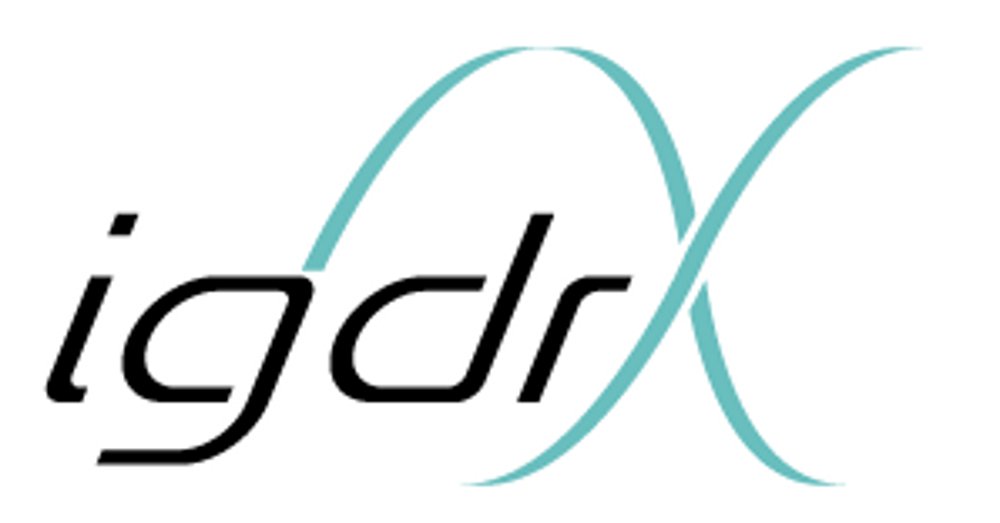Post-transcriptional control of TP63 isoforms by PTBP1 in Head and Neck Squamous Cell Carcinoma
Régulation post-transcriptionnelle des isoformes de TP63 par la PTBP1 dans les carcinomes épidermoïdes de la tête et du cou
Résumé
The tumour protein p63 (p63), encoded by the TP63 gene, is a transcription factor belonging to the p53 family. TP63 is essential for embryonic development, its inactivation leading to defects in skin, limb and cranio-facial development. In cells, TP63 is involved in stem cell renewal, differentiation, proliferation, control of epithelial to mesenchymal transition, and in the control of the genomic integrity of germ cells. Alternative promoters and alternative splicing events allow for the production of at least eight different p63 protein isoforms. At the C-terminal end, α, β, γ and δ isoforms differ by the occurence of functional protein domains involved in the control of the activity or lifespan of the protein. The shorter γ isoform is produced by the use of a distinct alternative 3 ‘UTR. The existence of multiple isoforms is often used to explain the many and sometimes conflicting roles of TP63 in cellular phenotypes. TP63 is often amplified or overexpressed in squamous cell carcinoma and we found a negative correlation between the γ isoform and Head and Neck Squamous Cell Carcinoma patient survival. By combining bioinformatic analysis of alternative splicing data and mechanistic analysis of TP63 alternative splicing, I identified a direct binding between the splicing regulator PTBP1 and TP63 pre-mRNA that controls the outcome of TP63 gene expression by repressing the production of the γ terminal exon in squamous cell carcinoma cell lines. This is the first identification of a transacting factor controlling TP63 splicing. The functional importance of this regulation is further supported by its conservation from Amphibians to Humans. However, questions concerning the functional consequences of changes in the abundance of the γ isoform remain open.
La protéine tumorale p63 (p63) codée par le gène TP63 est un facteur de transcription de la famille de p53. TP63 est essentiel au développement embryonnaire, son absence empêche la mise en place de la peau et s’accompagne de malformations voir d’absence totale des membres supérieurs et de défauts de morphogenèse craniofaciale. Au niveau cellulaire, TP63 est impliqué dans le renouvellement des cellules souches, la différentiation et la prolifération cellulaire, la promotion de la transition épithélio-mésenchymateuse ou bien encore le maintien de l’intégrité de la lignée germinale. Des promoteurs alternatifs et plusieurs événements d’épissage alternatif conduisent à la production d’au moins huit isoformes de p63. Côté C-terminal, on distingue quatre principales isoformes : α, β, γ et δ. L’existence de multiples isoformes est souvent utilisée pour expliquer la complexité des évènements cellulaires dépendant de TP63. TP63 est fréquemment amplifié et/ou surexprimé dans les carcinomes épidermoïdes et nous avons mis en évidence une corrélation négative entre le niveau d’expression des isoformes minoritaires γ et la survie des patients atteints de carcinomes épidermoïdes de la tête et du cou. Par une combinaison d’approches bioinformatique et d’analyses mécanistiques, j’ai pu mettre en évidence qu’une interaction directe entre la protéine de liaison aux ARN PTBP1 et l’ARN pré-messager de TP63 réprime l’utilisation de l’exon terminal γ dans un contexte de lignées cellulaires issues de carcinomes épidermoïdes. L’importance fonctionnelle de cette régulation est supportée par sa conservation des amphibiens à l’homme. Toutefois, les conséquences fonctionnelles d’une modification de l’abondance des isoformes minoritaires de p63 demeure une question en suspens.
Origine : Version validée par le jury (STAR)
